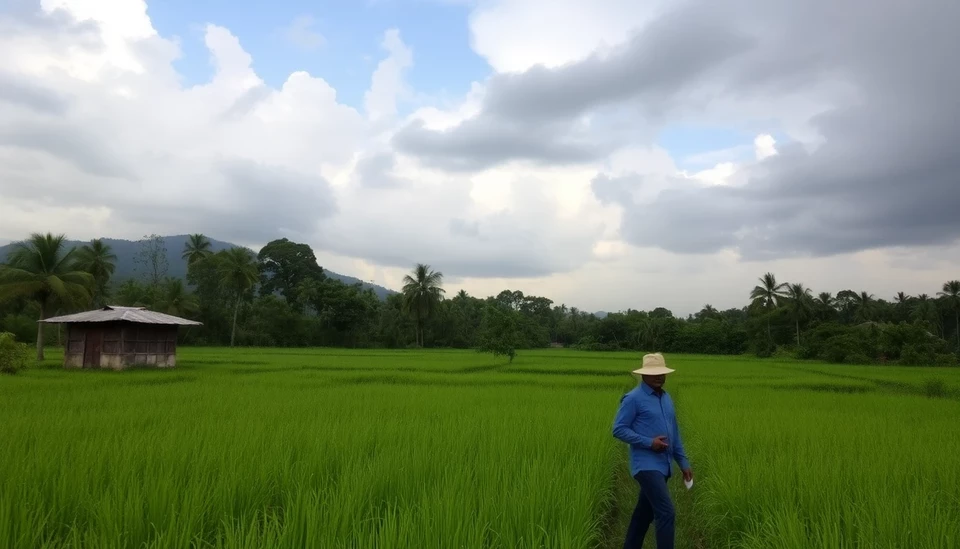
In a concerning turn of events for the Philippine agricultural sector, extensive adverse weather conditions have resulted in a significant decline in farm outputs. The situation, which has been described as the worst since 2020, highlights the increasing vulnerability of Filipino farmers to the impacts of climate change and unpredictable weather patterns.
Reports indicate that various regions across the Philippines have faced heavy rainfall, strong winds, and other severe climate conditions, severely hampering agricultural activities. Key crops like rice, corn, and vegetables have not only failed to yield the expected outputs but have suffered substantial losses due to flooding and damage caused by storms. This significant decline in agricultural productivity raises alarm bells for food security in a nation that heavily relies on its farms for sustenance.
The local government and agricultural experts cite that this year’s bad weather has taken a toll on food production levels, exacerbating existing issues that farmers have been grappling with over the past few seasons. The repercussions may extend beyond immediate crop losses, potentially leading to increased food prices and a shortage of basic staples in the market.
In light of these developments, farmers are calling for immediate assistance from the government. They seek disaster relief measures, financial support, and resources to help them recover from the devastating effects of the weather on their crops. Many argue that without swift government action, the agricultural sector could face a prolonged crisis that might leave many rural communities struggling to survive.
The Department of Agriculture is currently assessing the situation and coordinating relief operations, although concerns remain about the speed and effectiveness of the government’s response in addressing the needs of those affected. Experts suggest that more investment in climate-resilient farming practices and technologies will be crucial for the future stability of the agricultural sector in the Philippines.
As the situation unfolds, it is vital to monitor the response from local and national authorities and the resilience of farmers as they grapple with these extreme weather changes and their implications for the food supply chain.
In this context, the story of the Philippines serves as a stark reminder of the growing impacts of climate change on agriculture. It underscores the need for immediate and long-term strategies to support farmers, ensuring that they are equipped to handle the inevitable adversities posed by shifting weather patterns.
#PhilippineAgriculture #ClimateChange #FoodSecurity #SevereWeather #Farmers #DisasterRelief
Author: Peter Collins




